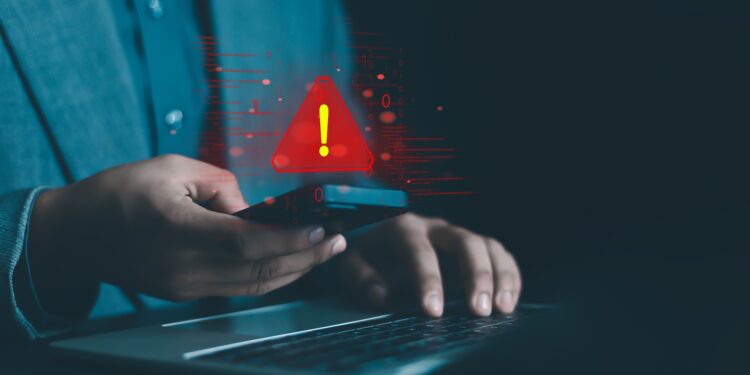Apple has once again issued a direct warning to iPhone users: They could be targeted for spying – using software deployed by mercenaries. This isn't about mass surveillance, but rather targeted attacks on individuals. The background to these warnings demonstrates how serious the situation is and how important it is to protect your iOS device.
Apple sent out a new round of security warnings on Wednesday. The message reads:
Apple has determined that you are the target of an espionage attack attempting to remotely compromise the iPhone linked to your Apple account.
The warning goes even further:
This attack is probably targeting you specifically because of who you are or what you do.
According to Apple, these are highly targeted attacks. Affected individuals in over 100 countries have been notified. Among those identified by name are Dutch activist Eva Vlaardingerbroek and Italian journalist Ciro Pellegrino (via TechCrunch).
What exactly are these attacks about?
We're talking about so-called mercenary espionage programs. This software isn't developed directly by states, but by private companies that then make such tools available to governments or other clients. The programs are technically extremely sophisticated and can compromise an iPhone remotely—that is, without physical access. Apple doesn't provide any information on how exactly these activities are detected. The reason is simple: If Apple were to disclose this, attackers could adapt their tactics and become more difficult to detect in the future. The company also doesn't name any specific states or organizations, deliberately remaining general. Previous warnings from Apple referred directly to state-sponsored attacks. The current announcement instead refers only to mercenaries.
What Apple recommends now
Apple takes these attacks very seriously, so there are specific recommendations for all users, even if you haven't received a direct warning.
- Update your iPhone immediately: iOS 18.4.1 is currently the latest version. This update fixes two vulnerabilities that were already being actively exploited. So if you haven't updated yet, this is the most important step.
- Enable Lockdown Mode: If you've received a warning from Apple or feel particularly vulnerable, you should enable Lockdown Mode. This restricts some features but significantly increases protection.
- Seek professional help: Apple recommends the Digital Security Helpline from Access Now. There, you can get free, confidential support from digital security experts.
- Use additional protective measures: On a separate support page Apple offers general advice on protecting against security issues. These tips are intended for all users, regardless of whether a threat exists.
External sources, including apfelpatient.de, also recommend performing regular software updates, using strong passwords, and avoiding suspicious messages or links.
Why the topic affects everyone
Even if you're not a celebrity or in the public eye, security vulnerabilities on iPhones don't just affect individuals. If security vulnerabilities remain open, they can eventually affect anyone. The fact that Apple has sent warnings to more than 100 countries shows how widespread attempts to attack iPhones are. Apple can't prevent all attacks, but they do a lot to inform users in a timely manner. But that also means you have to take action yourself. If you're using an outdated system or, as a vulnerable person, ignore lockdown mode, you're making it easier for attackers.
Apple warns specifically – but you should still be careful
Apple is specifically warning about espionage attacks carried out using mercenary software. These attacks aren't random; they target people of interest due to their work or position. If you're affected, Apple will notify you directly—but even if you aren't, you should update your iPhone regularly and review the recommended security measures. Security isn't a matter of status or profession. It's about your device, your data, and your privacy. And about how well you protect yourself. (Image: Shutterstock / MR SOCCER)
- Secure your iPhone properly: 5 important functions at a glance
- Encrypt iCloud backups: How to do it step by step
- iPhone Tip: Stop lock screen access to Control Center





